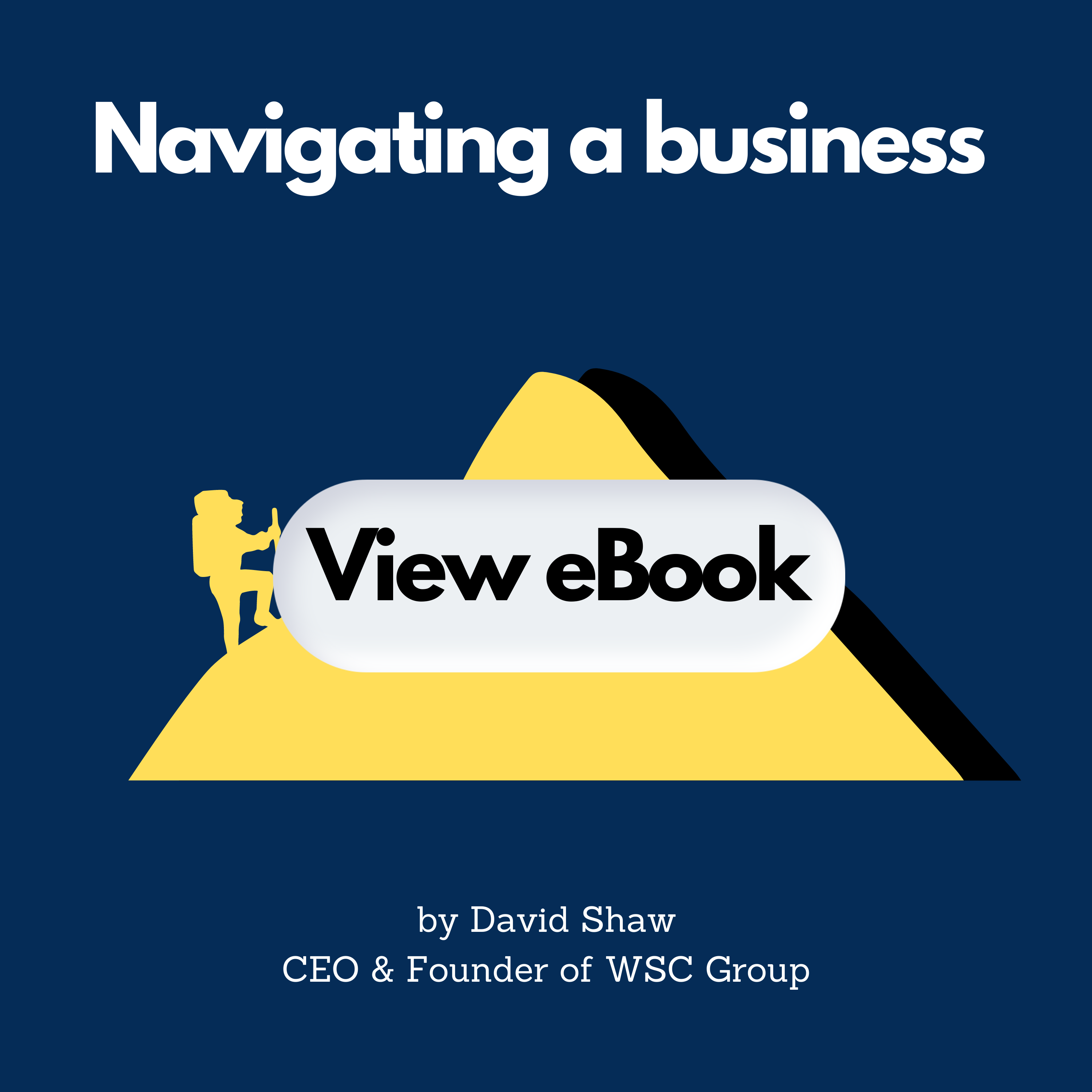Employees are reporting increasing levels of financial stress thanks to a cost-of-living crisis. As a result, employers are now incorporating financial support into their corporate wellbeing programs.
Companies have long made employee wellbeing an organisational priority but, until recently, corporate wellbeing programs have tended to focus on mental and physical health. How employees feel about their personal finances is an important factor that is often overlooked.
As a result of financial stress, workplace relationships, especially with colleagues and supervisors, may suffer due to heightened stress levels, leading to conflicts and decreased morale within the team.
The financial wellbeing of employees also plays into the larger issue of staff retention. This is a priority area for many organisations faced with a competitive employment market and an unprecedented increase in the cost of replacing staff.
A lot of leaders quickly realised that the ability to attract, retain and engage talent is one of the biggest drivers of strategic growth, so anything that can help employees feel connected and engaged will absolutely support the organisation in improving performance.
Programs should include meaningful benefits and tools for employees across different demographics. For example, benefits such as subsidised childcare or gym memberships will not appeal to every employee.
Given the breadth of choice, employees at different life and career stages can self-select the financial wellbeing tools that best suit their unique and individual needs, and those needs change rapidly for employees as life circumstances change.
While remuneration is obviously an integral part of the picture, not all support has to be monetary.
There will always be a lot of requests for salary rises, and that’s not always possible.
That might be budgeting tools, financial education tools, stress management tools or tools to provide a discount or benefits to employees to help them amplify and stretch their disposable income.
Employee assistance programs should include counselling and financial education to help employees manage stress, and provide financial planning services, money management workshops, or resources on budgeting and debt management.

 Document Hub
Document Hub 











